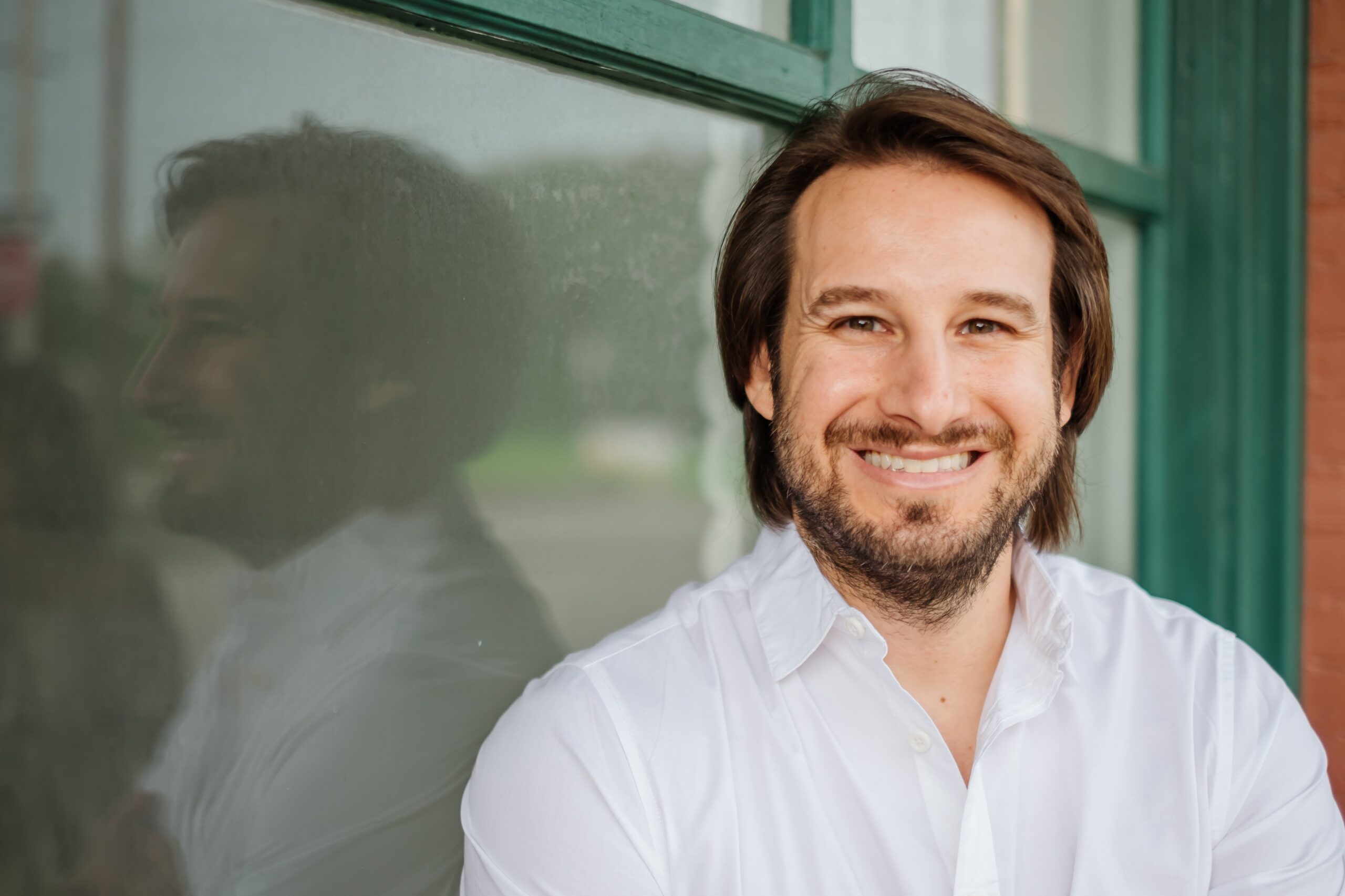 At National University of Health Sciences’ clinics, faculty members are not only focused on treating patients, they’re often discovering their next research project. For Brett Martin, DC, MPH, MSAc, a faculty member at the Florida-site, when a particular treatment proves effective, his next step is finding the mechanisms behind it and then spreading the word to other clinicians.
At National University of Health Sciences’ clinics, faculty members are not only focused on treating patients, they’re often discovering their next research project. For Brett Martin, DC, MPH, MSAc, a faculty member at the Florida-site, when a particular treatment proves effective, his next step is finding the mechanisms behind it and then spreading the word to other clinicians.
So far this year, Dr. Martin has published three case reports and a literature review, exploring treatment methods for premenstrual syndrome, schizophrenia, COVID-19 and antibiotic resistant bacteria. He also published a clinical reference guidebook about 10 commonly used herbs for a wide variety of conditions.
“I always want to understand why a certain herb or supplement is having a benefit and be able explain why something is working, too,” Dr. Martin said.
While patients will usually take prescription medications without question, when prescribed an herb or supplement, they often ask, “How will this help my condition?” Part of the reason Dr. Martin performs research is so he can answer these kinds of patient questions. It also reinforces his evidence-based approach to patient treatment.
In a case report published in the Journal of Chiropractic Medicine, Dr. Martin shared a multimodal approach to treat premenstrual syndrome (PMS). Dr. Martin said the case was particularly interesting because he was able to track the effective progression of an individual’s symptoms that went from severe to minor in just 2 years. The treatment included traditional Chinese medicine-style acupuncture, dietary supplements, and mindfulness meditation.
Dr. Martin also conducted a literature review that evaluated the antimicrobial activity of garlic, thyme, oregano, turmeric, rosemary and cinnamon for the treatment of antibiotic-resistant strains of bacteria. Alongside Daniel Braff, DC, and Ian Le, DC, who were students at the time, he reviewed 71 academic journal articles published between 2007-2018 and found that natural plant-based products may provide a benefit as an adjunct therapy or monotherapy for certain strains of antibiotic resistant bacteria.
While Dr. Martin’s research includes a wide range of topics, his focus is on mental health issues such as anxiety, depression, PTSD, schizophrenia and dissociative identity disorder.
He first started conducting research in a laboratory setting as an undergraduate student.
“I really enjoyed it, but I missed the human interaction, which is why I wanted to work in medicine,” he said.
When he became a student in National University of Health Sciences’ chiropractic medicine program, he decided to pursue research again. As a teaching assistant to former faculty member Daniel Richardson, PhD, he was able to learn the ins and outs of research paper writing under his guidance. Dr. Martin also had other mentors co-author his early research papers.
“Mentors like Dr. Richardson who could oversee my work was a huge key in helping me learn to write papers,” he said.
Today, he’s paying it forward by helping students publish papers of their own. He recommends students interested in research find multiple mentors and ask a lot of questions.
“It’s all about finding that mentor with that expertise, who can help guide you through the whole process.”
If you’re interested in learning more about Dr. Martin’s research, he will be providing a presentation to students about the schizophrenia case report he recently published via Zoom on Wednesday, November 15 at noon CST. Stay tuned to National University of Health Sciences’ website for details.
To learn more about Current NUHS Research Projects, click here.
Dr. Martin’s Journal publications
Books published



0 Comments